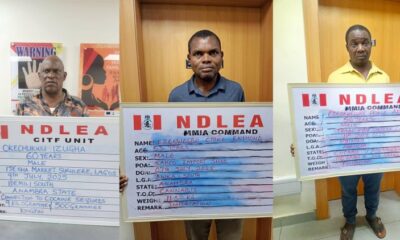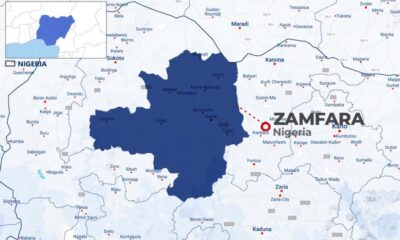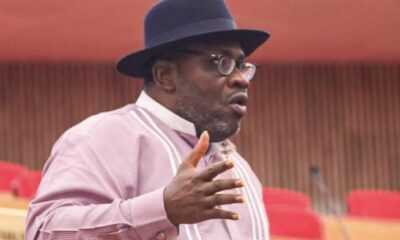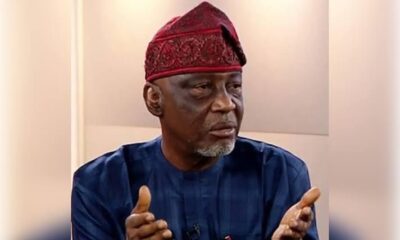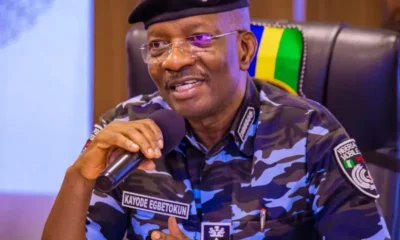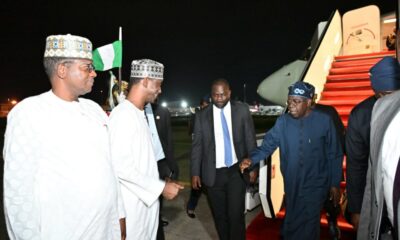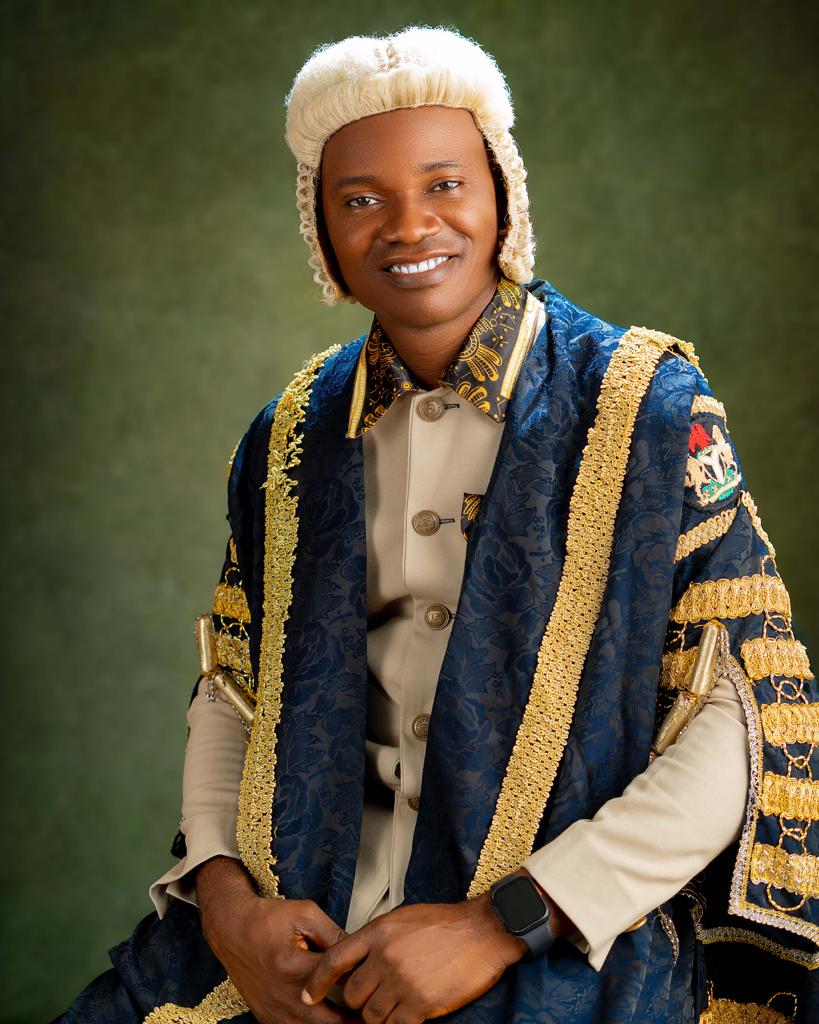EDITORIAL
Peter Obi: A New Hope to Reshape Nigeria’s Political Future

Peter Obi’s emergence as a major contender in Nigeria’s presidential race has captivated the nation’s attention. Known for his disciplined governance as the former governor of Anambra State, Obi represents more than just an opposition candidate; he embodies a vision for Nigeria’s future that contrasts sharply with the political status quo. His track record and leadership style offer a glimpse of what Nigeria’s politics could look like if accountability, efficiency, and genuine service became the norm.
During his tenure as governor, Obi earned a reputation for prudent fiscal management, transparency, and infrastructural development. Unlike many politicians who left office amid allegations of corruption and unfulfilled promises, Obi’s administration was marked by significant achievements in education, healthcare, and urban development. His ability to turn around a state’s fortunes through strategic planning and a focus on results made him a respected figure, especially among Nigerians frustrated with misgovernance at all levels.
Yet, the question many ask is: can his leadership success at the state level translate to the complexities of governing a country as vast and diverse as Nigeria? This remains a formidable challenge, but Obi’s candidacy has already injected a new energy into Nigerian politics. His emphasis on inclusiveness, anti-corruption measures, and economic diversification resonates deeply with a youthful population eager for change.
Obi’s campaign also highlights the need for a political culture that values meritocracy over ethnicity and regionalism. By positioning himself as a unifier who transcends divisive politics, he challenges the traditional power brokers who have long dominated Nigeria’s electoral scene. His appeal cuts across religious and ethnic lines, signaling the possibility of a more cohesive national identity rooted in shared aspirations.
However, Obi faces significant hurdles. The Labour Party, while gaining momentum, lacks the deep-rooted infrastructure of the APC and PDP. This limits his reach in some regions and among older voters loyal to the established parties. Furthermore, Nigeria’s political environment is fraught with challenges such as electoral malpractice, violence, and misinformation, all of which could undermine his campaign.
Despite these obstacles, Obi’s potential impact on Nigeria’s political landscape is undeniable. Should he succeed, his presidency could usher in reforms that strengthen institutions, improve governance, and restore public trust in government. His focus on economic reforms, especially tackling unemployment and fostering entrepreneurship, aligns with Nigeria’s urgent need to address poverty and inequality.
Moreover, Obi’s rise signals a broader transformation in Nigerian politics — one that prioritizes competence and accountability over patronage. It challenges politicians to rethink their approach and encourages citizens to demand more from their leaders. This shift could inspire a new generation of leaders committed to public service rather than personal enrichment.
In conclusion, Peter Obi’s leadership record and campaign represent a beacon of hope for a Nigeria desperate for change. While obstacles remain, his candidacy has the power to reshape the nation’s political trajectory, fostering a more inclusive, transparent, and progressive democracy. Whether Nigeria embraces this opportunity will depend on the collective will of its people to support a candidate who offers not just promises but a proven record of delivering results.
Discover more from Asiwaju Media
Subscribe to get the latest posts sent to your email.
-

 POLITICS6 days ago
POLITICS6 days agoChinedu Ogah Decamps from APC to ADC, Joins Coalition—Video Claims Surface Online
-
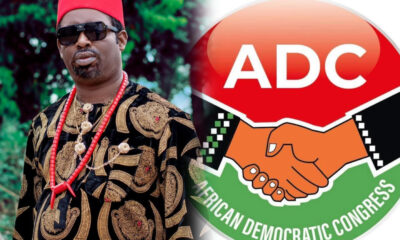
 POLITICS3 days ago
POLITICS3 days agoADC Chieftain Alleges Plot by APC to Hijack Party in Ebonyi, Vows Resistance
-

 ENTERTAINMENT3 days ago
ENTERTAINMENT3 days agoIyabo Ojo Addresses Police Invitation, Threats And Fire Outbreak, Clarifies Position On Mohbad’s Death
-

 POLITICS4 days ago
POLITICS4 days agoADC Confirms Jennifer Adibie as Ebonyi State Chairperson
-

 TECH5 days ago
TECH5 days agoStep-by-Step Guide on How to Generate an e-affidavit for Change of Name, Loss of SIM, Declaration of Age and General Declarations
-

 NEWS5 days ago
NEWS5 days ago“We Need Real Protection, Not Just Condoms” — Akure Sex Workers Mourn Colleague
-

 TECH6 days ago
TECH6 days agoHow Can I Make Sure My Facebook Ads Are Effective in Generating Sales?
-

 FACT-CHECKS/INVESTIGATION2 days ago
FACT-CHECKS/INVESTIGATION2 days agoHow Federal Lawmaker, Ogah Snatches Village Land in Ebonyi
-

 NEWS2 days ago
NEWS2 days agoDeji Adeyanju Rewards Top Law School Graduates With N8m Cash Gift
-

 NEWS2 days ago
NEWS2 days agoFoundation Conducts Outreach in Amaenyima, Settles Hospital Bills and Support
-

 NEWS3 days ago
NEWS3 days ago95 Female Corps Members Receive Free Entrepreneurial Training In Lagos
-

 POLITICS6 days ago
POLITICS6 days agoUmahi Closes Highway, Pledges Southeast Support for Tinubu









